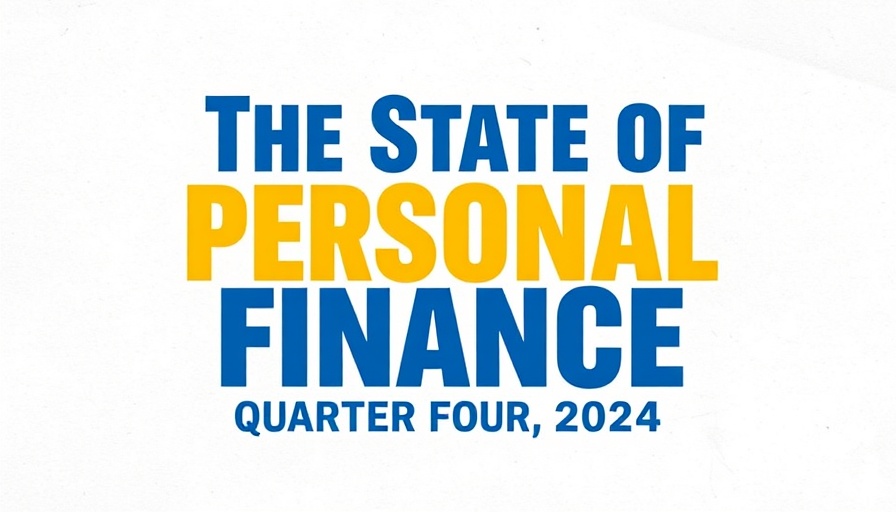
Identifying Money Drainers: A Personal Financial Audit
Have you ever glanced at your bank statement, hoping to see your hard-earned money, only to be shocked by how quickly it evaporated? This is a common experience among many families and individuals, especially in today’s fast-paced environment where convenience often leads to costly habits. Drawing from my own journey, I've discovered that keeping track of finances, particularly for families and busy professionals, requires diligence and self-awareness.
Subscriptions: The Hidden Costs
One of my biggest eye-openers was the revelation of excess subscriptions weighing down my finances. Streaming services became a double-edged sword—while they offered entertainment, they also blurred the lines of necessity. I had multiple services such as Netflix, Hulu, and even duplicates of Disney+. The key was realizing that not only were some subscriptions redundant, they were also draining my resources without providing household satisfaction.
To tackle this, I consolidated my subscriptions, opting for a strategy of rotating services instead of keeping multiple options year-round. This proactive approach led to significant savings, amounting to over $800 a year.
Business Expenses: What’s Essential?
The world of business encourages individuals to invest in the latest tools and resources. However, as I delved into my own business finances, I was almost caught in a money trap—paying for tools that overlapped in functionality. For many women navigating entrepreneurship, it’s easy to rationalize every expense as vital. Yet, my solution was not just cutting costs but being thoughtful about value.
By auditing my business subscriptions quarterly and consolidating tools, I managed to save hundreds without compromising workflow or productivity. This not only lightened my financial burden but also allowed me to focus on the essentials that truly benefited my business.
The Fast-Food Trap: Embracing Meal Planning
For families, quick meals on the go can often become an unconscious expense. The occasional $10 fast-food meal might feel harmless, but over time these seemingly minor expenses can accumulate, leading to significant spending. In a bid to reclaim control over my finances, I identified meal planning as the critical change I needed.
Creating budget-friendly meal plans and preparing snacks in advance have not only saved me money but also fostered healthier eating habits for my family. The practice of packing meals helped avoid impulsive fast-food purchases, leading to savings that can really add up.
Delivery Fees: The Price of Convenience
In our quest for convenience, delivery services can feel like a blessing, allowing busy families to enjoy their favorite meals without the hassle of cooking. However, delivery fees can quickly transform those small luxuries into significant expenses. Understanding this, I began to evaluate whether the convenience was worth the cost.
By limiting the frequency of using these services and opting to dine out occasionally instead, I drastically reduced extra costs. Additionally, I explored local dining options that provided similar meals at more accessible prices.
Returns: The Cost of Indecision
Lastly, one of the surprisingly costly habits I identified was the failure to return items that weren’t needed. This may seem trivial; however, many consumers let unwanted purchases linger, ultimately increasing monthly spending. Taking the time to return these items has salvaged a fair amount of money for me.
To streamline this, I developed a consistent routine to assess my purchase satisfaction within a few days, ensuring that items that failed to meet expectations were promptly returned.
Conclusion: Empowering Financial Health
Embarking on a financial audit may seem daunting, but the rewards far outweigh the challenges. By gaining clarity in my spending habits, I’ve empowered myself and can set a positive example for my family. Through consistency and intentionality, you can do the same.
Take the first step towards financial awareness today and practice your own financial audit. Are there areas where you realize you could be spending smarter, especially as a family?
Take Action: Start your financial audit today and see how quickly small adjustments can lead to significant savings over time. With dedication, you too can step away from wasting money and move towards smarter financial practices that benefit the entire family.
 Add Row
Add Row  Add
Add 




Write A Comment